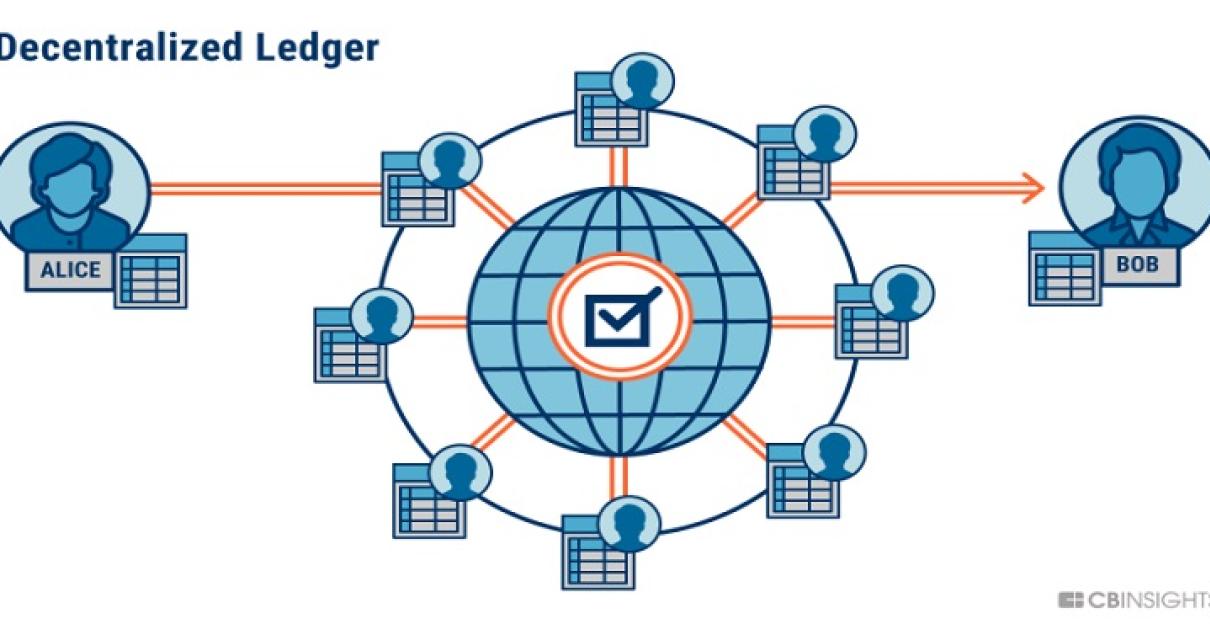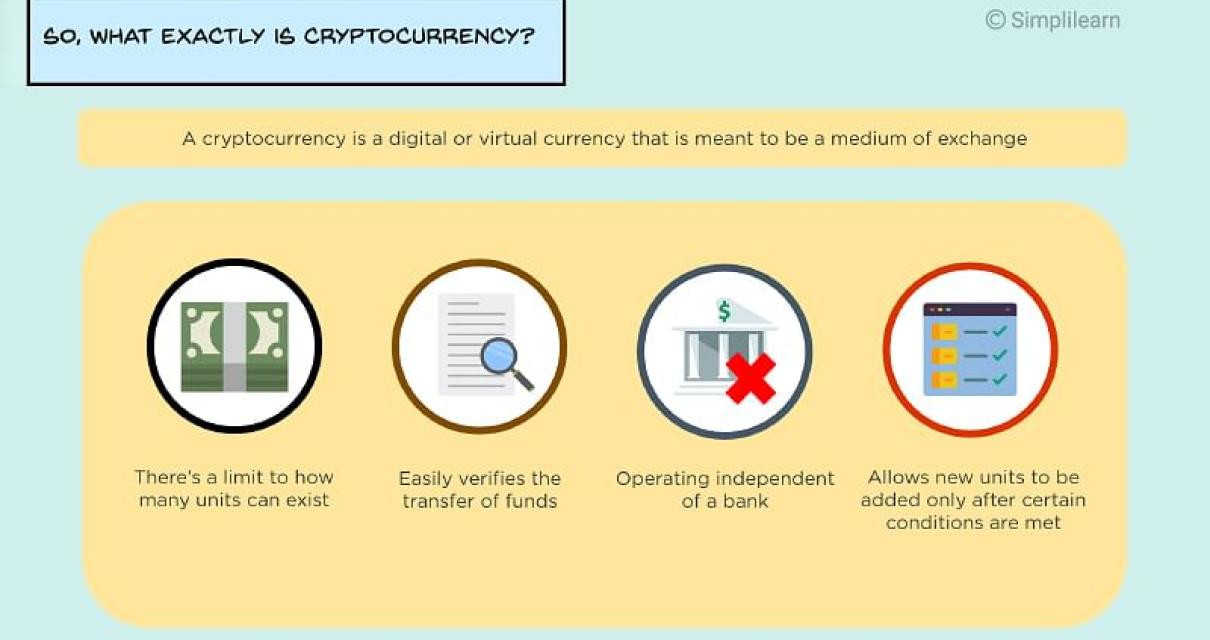What is blockchain and how does it work?
Blockchain is a distributed ledger technology that allows for secure, transparent and tamper-proof transactions. It works by creating a continuously growing list of records, called blocks, that are linked and secured using cryptography. Each block contains a cryptographic hash of the previous block, a timestamp and transaction data. Bitcoin, the first and most well-known application of blockchain technology, uses it to create a decentralized virtual currency.
The history of blockchain and its potential future
Blockchain technology is a distributed ledger system that was first proposed in 2008 by an anonymous person or group of people under the name Satoshi Nakamoto. Blockchain technology is a platform-level innovation that provides a secure, transparent and tamper-proof way for transactions to be verified and recorded.
The potential applications of blockchain technology are vast, with potential use cases including:
Financial services: The distributed ledger technology could be used to create a tamper-proof record of financial transactions, improving the accuracy and security of transactions.
The distributed ledger technology could be used to create a tamper-proof record of financial transactions, improving the accuracy and security of transactions. Supply chains: A blockchain could be used to track the movement of goods from source to destination, providing a more secure and transparent supply chain.
A blockchain could be used to track the movement of goods from source to destination, providing a more secure and transparent supply chain. Identity management: A blockchain could be used to securely store identity information, protecting it from cybercrime and other attacks.
A blockchain could be used to securely store identity information, protecting it from cybercrime and other attacks. Voting: A blockchain could be used to securely store voting records, eliminating the need for a third party to verify the accuracy of votes.
A blockchain could be used to securely store voting records, eliminating the need for a third party to verify the accuracy of votes. Healthcare: A blockchain could be used to record medical data in a tamper-proof manner, increasing the accuracy and transparency of medical records.
A blockchain could be used to record medical data in a tamper-proof manner, increasing the accuracy and transparency of medical records. Smart contracts: Smart contracts are blockchains that are used to facilitate the execution of agreements between two or more parties. Smart contracts can be used to automate the exchange of money, assets or other items.
While the potential uses of blockchain technology are vast, its widespread adoption is still some way off. There are many challenges that need to be overcome before blockchain becomes commonplace, including scalability issues and the need for a trusted authority to manage the network. However, there is no doubt that blockchain technology has the potential to revolutionize many sectors of the economy.

How blockchain can revolutionize the way we do business
One of the key benefits of blockchain technology is that it can improve the efficiency and security of business transactions. It can also help to reduce the cost of doing business, by eliminating the need for middlemen.
Blockchain technology can also help to improve the trustworthiness of businesses. Transactions on a blockchain platform are permanently recorded and cannot be altered or deleted. This means that businesses can be more confident that their data is safe and secure.
Finally, blockchain technology can help to reduce the time it takes to process transactions. By decentralizing the processing of transactions, blockchain technology can speed up the process by eliminating the need for a middleman.
What are the benefits of blockchain technology?
The benefits of blockchain technology include its ability to securely distribute information, its tamper-proof features, and its ability to facilitate transactions between parties without the need for a third party. Additionally, blockchain technology can help to reduce the cost of transactions and reduce the time required to complete them.

How can blockchain be used to create trust and transparency?
Blockchain can be used to create trust and transparency by ensuring that transactions are recorded and tamper-proof. This helps to ensure that transactions are legitimate and that the information is accurate.
What are the challenges of implementing blockchain technology?
There are a number of challenges with implementing blockchain technology. One challenge is that it can be difficult to scale up a blockchain system. Another challenge is that blockchain is not tamper-proof, which means it can be difficult to ensure that data is accurate and secure. Finally, blockchain systems can be expensive to set up and maintain.

How could blockchain technology change the world?
Blockchain technology could change the world by making it easier for people to trust and verify information. It could also help to speed up transactions and make it easier for businesses to operate.
What impact will blockchain have on society?
Blockchain has the potential to fundamentally change the way society operates. It could help to create a more secure and efficient system by allowing people to transact and store information without the need for a middleman. Furthermore, it could help to reduce the costs of transactions and make it easier for people to access financial services.
What is the future of blockchain technology?
There is no one answer to this question as the future of blockchain technology is highly dependent on the successes and failures of individual projects. Some experts believe that blockchain technology has the potential to revolutionize many industries, while others believe that it is only a niche technology that has the potential to revolutionize a few specific industries. Ultimately, it is difficult to say exactly what the future of blockchain technology will be, but it is likely to continue to grow and evolve in various ways.
Can blockchain technology solve the world's Problems?
There is no one-size-fits-all answer to this question, as the potential benefits of blockchain technology vary depending on the specific problem it is intended to solve. However, some potential applications of blockchain technology that could potentially solve various problems include:
-Creating a tamper-proof digital ledger of transactions that can be used to track the movement of money and other assets
-Enabling secure, transparent and tamper-proof transactions between two parties without the need for a third party such as a bank
-Helping to streamline and automate the process of doing business by creating a shared, digital ledger of all transactions
-Reducing the cost and time needed to conduct transactions by eliminating the need for third-party verification and reconciliation
How will blockchain technology transform the economy?
Blockchain technology will revolutionize the economy by making it easier for people to conduct transactions without having to go through a third party. This will reduce the costs of transactions and make it easier for people to find and use financial services.